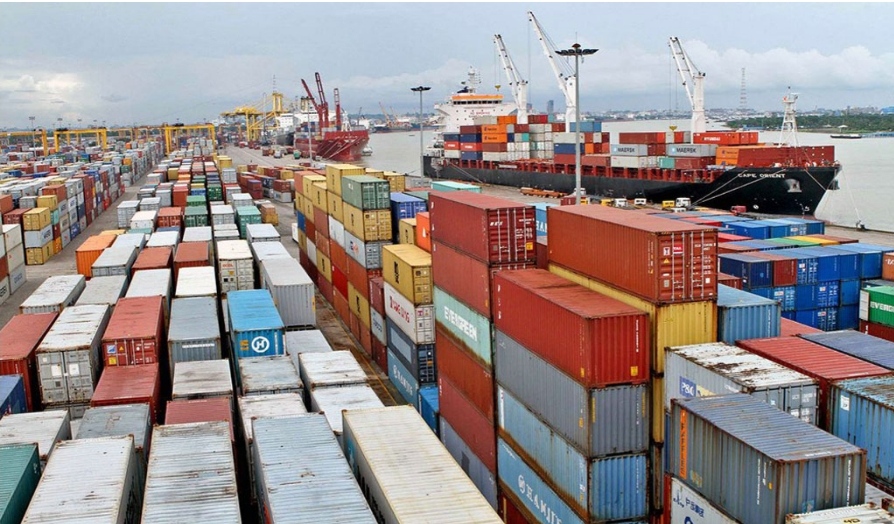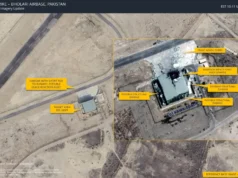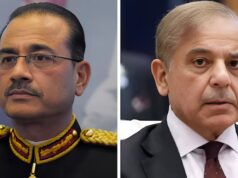Trade misinvoicing cost Bangladesh over $8 billion a year in a decade

Chittagong port
In South Asia, Bangladesh lost the third-highest amount to trade misinvoicing, followed by India and Pakistan, says a recent report
Bangladesh on average lost $8.27 billion a year from 2009 to 2018 due to traders misinvoicing values of imported and exported goods to evade taxes and move money across borders illegally, according to a recent report.
The average loss of customs and taxes was 17.3% of the country’s trade with all its trading partners in those years, Global Financial Integrity (GFI) on Thursday said in its latest report, “Trade-Related Illicit Financial Flows in 134 Developing Countries 2009 – 2018”.
The Washington, DC-based think tank did not provide data on misinvoicing in Bangladesh after 2015. The report did not have yearly data on Bangladesh for 2014, 2016, 2017 and 2018.
The report estimated potential trade misinvoicing among 134 developing countries to be $1.6 trillion, of which $835 billion worth of potential trade misinvoicing took place between developing nations and 36 advanced economies in 2018.
In South Asia, Bangladesh lost the third-highest amount to trade misinvoicing. The highest was lost by India at $67.49 billion, followed by Pakistan at $8.5 billion, annually during 2009-2018.
The report says trade misinvoicing is a persistent problem across developing countries, resulting in potentially massive revenue losses – at a time when most countries are struggling to mobilize domestic resources to achieve the internationally-agreed upon UN 2030 Sustainable Development Goals (SDGs) and address the economic slowdown related to the Covid-19 pandemic.
Trade misinvoicing occurs when importers and exporters deliberately falsify the declared value of goods on the invoices they submit to their customs authorities.
This lets traders illicitly transfer money across international borders, evade tax and/or customs duties, launder the proceeds of criminal activity, circumvent currency controls, and hide profits in offshore bank accounts.
GFI said it explored the magnitude of the issue by examining the latest international trade data officially reported by governments to the United Nations in order to estimate the magnitude of trade misinvoicing activity occurring within the global commercial trading system.
Source: Dhaka Tribune




